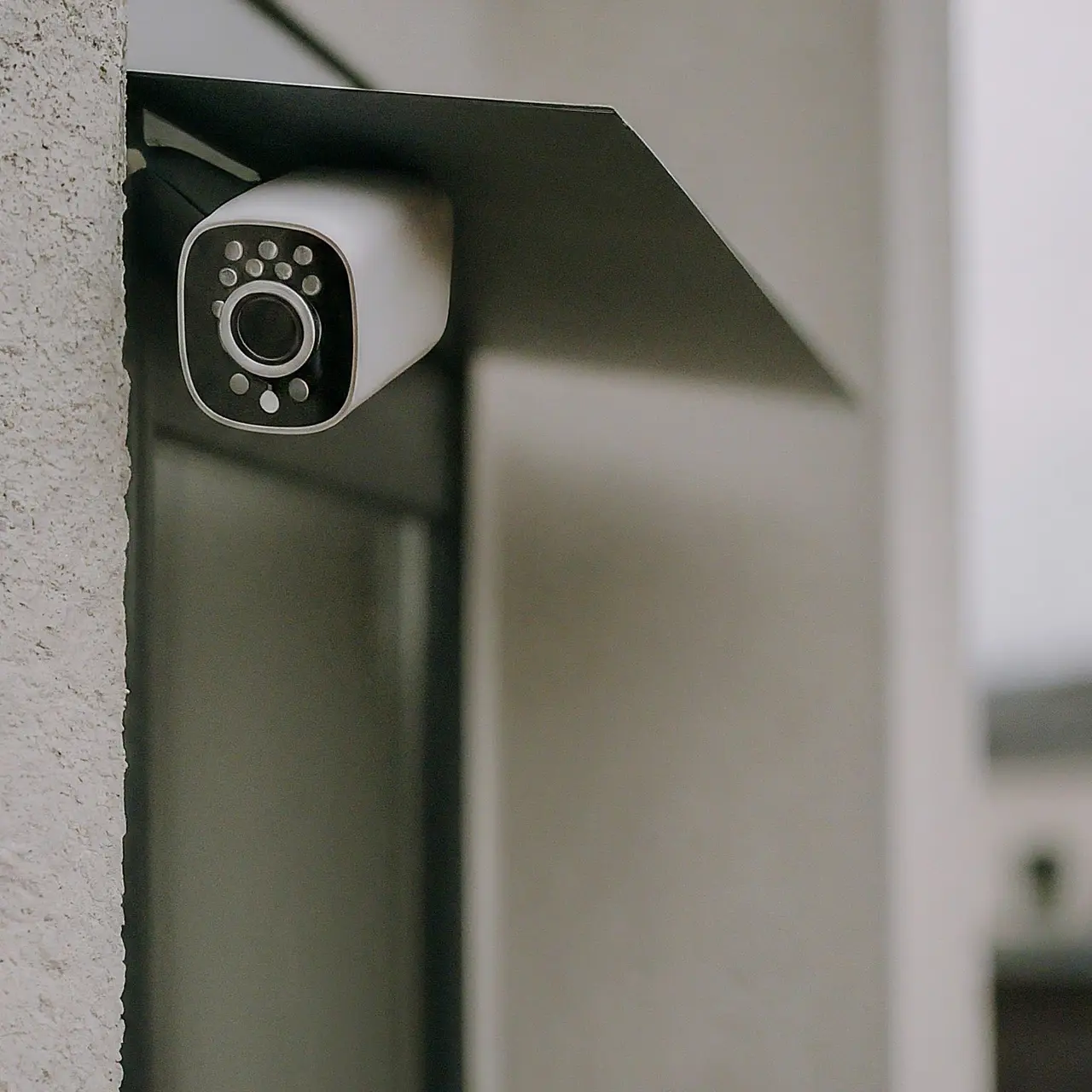
In today’s tech-driven era, the security of our homes has transcended beyond traditional locks and keys, embracing the digital sophistication of home surveillance systems. At the heart of this technological leap is wifi, the unseen backbone supporting the seamless operation of modern security cameras, sensors, and alarms. This blog explores why robust wifi is not just a convenience but a critical component for enhancing the effectiveness of next-level home surveillance systems.
The Evolution of Home Surveillance Systems
Home surveillance systems have journeyed from bulky, conspicuous cameras with limited capabilities to sleek, smart devices that blend seamlessly into our homes. This evolution has been powered by advances in digital technology, including the rise of IoT (Internet of Things), enabling homeowners to monitor their premises in real-time from anywhere in the world. The pivotal role of wifi connectivity in this transformation cannot be overstated, providing the lifeline that these sophisticated systems rely on to transmit high-definition video and alerts.
The shift towards systems that can be customized and controlled via smartphones has not only made home surveillance more accessible but also more reliant on strong, uninterrupted wifi signals. As cameras become smarter, capable of recognizing faces or even pets, the demand for high-bandwidth, reliable wifi networks in our homes has never been higher. This shift underscores the movement from analog to digital surveillance solutions, where connectivity is king.
Understanding the Role of Wifi in Surveillance Technology
Wifi serves as the cornerstone for modern home surveillance systems, enabling wireless communication between cameras, sensors, and the homeowner’s digital devices. This wireless connectivity allows for the easy installation of surveillance equipment without the need for complex wiring systems, drastically reducing setup times and allowing for flexibility in camera placement.
Furthermore, wifi’s role extends beyond mere connectivity; it facilitates the storage and retrieval of surveillance footage on cloud platforms. This means that even in the event of a physical compromise of the surveillance hardware, the data remains safe and accessible. The strength and reliability of the wifi network directly impact the quality and smoothness of video streaming, making it imperative for users to maintain a strong wifi signal throughout their property.
The Impact of Weak Wifi on Security Measures
A weak wifi connection can severely cripple the effectiveness of home surveillance systems. Picture this: an attempted break-in occurs, but your cameras fail to send timely alerts or record footage due to poor wifi connectivity. This scenario is not just a nuisance; it’s a gaping hole in your home’s security apparatus. Frequent signal drops or low bandwidth can lead to delayed notifications, choppy video feeds, and ultimately, missed moments that could be crucial for security purposes.
The repercussions of unreliable wifi extend beyond real-time monitoring issues. It can also affect the performance of motion detectors and other sensors that rely on a stable network to communicate alerts. In essence, the weaker your wifi, the more vulnerable your home becomes. Ensuring your home surveillance system is backed by strong wifi is, therefore, not optional but essential for effective home security.
Optimizing Your Home Wifi for Enhanced Surveillance
Optimizing your home’s wifi network for surveillance purposes involves more than just upgrading to a faster internet plan. It necessitates strategic placement of wifi routers to ensure coverage extends to where your cameras are installed. Utilizing wifi extenders or mesh networks can help eliminate dead zones, ensuring that every corner of your property is under surveillance.
Security-minded individuals should consider segmenting their networks, dedicating a portion exclusively for their surveillance systems. This not only boosts performance by reducing bandwidth competition but also enhances security by isolating your surveillance systems from other devices, minimizing the risk of digital eavesdropping or hacking.
Integrating Smart Home Devices with Strong Wifi Infrastructure
The integration of home surveillance systems with other smart home devices through a strong wifi network brings about a new level of automated home security. Imagine door locks that can be activated remotely at the sight of a suspicious figure through your surveillance camera, or lights that turn on automatically to deter potential intruders. Such scenarios are only possible with a robust wifi network that ensures seamless communication between different devices.
Securing Your Peace of Mind
As we’ve navigated through the importance of strong wifi for home surveillance, it’s evident that the reliability of our security systems hinges on the strength of our wifi network. Weak signals and disrupted connections no longer merely inconvenience; they create vulnerabilities in our home’s defense against intruders. Investing in a robust wifi infrastructure is investing in your peace of mind, ensuring that your surveillance systems work optimally to protect what matters most.


